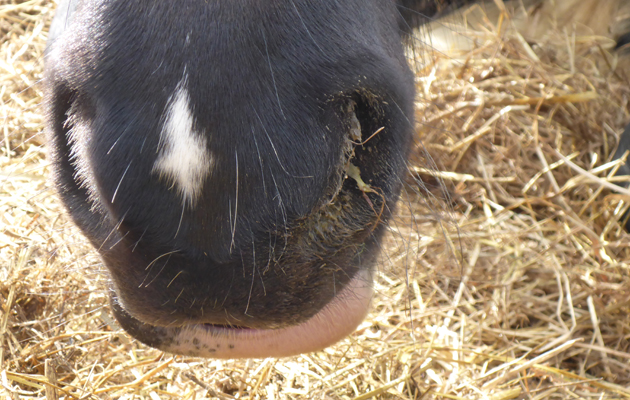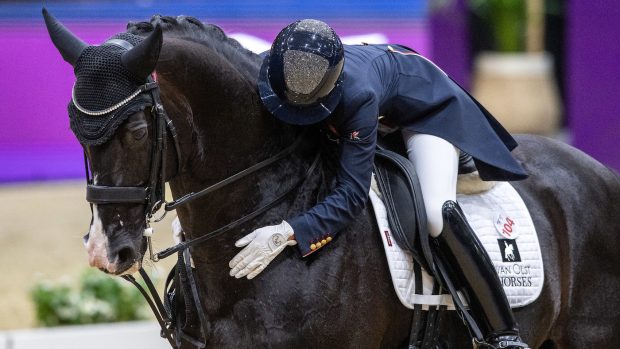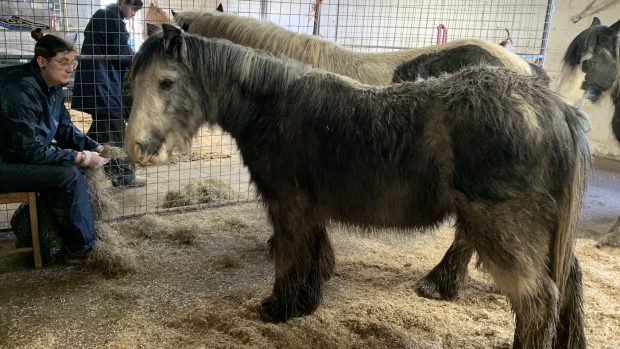A promising vaccine said to work “really well” against strangles is expected in 2020.
Protein-based Strangvac is due to be released in the UK next year following successful trials.
Dr Andrew Waller, head of bacteriology research at the Animal Health Trust, said the vaccine had taken a long time to develop and while there is “still room for improvement” to get the equine industry to embrace it, it will be a “real help” for people worried about the disease, of which 600 outbreaks are estimated in the UK each year.
“Where the vaccine comes in, is with naïve horses who haven’t had strangles – it reduces the number of horses who become carriers, and then we can gradually make a difference over time,” said Dr Waller. “The catch is the vaccine only has a short duration of two months’ immunity.”
Dr Waller said the vaccine can have an important role at “high risk” events despite the short duration of immunity.
“If your horse is going to a competition, for example, you can vaccinate and it will be protected really well and be much less likely to bring strangles back to the yard which will be really useful,” said Dr Waller. “Although the horse isn’t fully protected for the 10 months after their first course, they should be less susceptible for that period.”
Unlike the current vaccine, equilis strep E – which is not widely used – Strangvac is safe for intramuscular injection and will allow blood tests to differentiate between a vaccinated horse and an infected horse.

Horse owners unite to fight infectious disease
Those who have signed up show a ‘clear appetite for change’

New vaccine successfully protects horses from strangles
The development of the vaccine is hoped to have benefits to the health of horses around the world

Subscribe to Horse & Hound this spring for great savings
Dr Waller said it would be possible to “eradicate” the disease in the future if more horses were identified as carriers.
“It’s very easy during an outbreak to say my horse didn’t have strangles and not get it checked out but actually those horses could be the carriers who then trigger the next outbreak. If we were screening horses before they moved around to identify and treat carriers we could knock strangles on the head but it’s not happening and part of the reason for that is it isn’t being recognised as a serious problem,” he said.
“It’s important horses can move around and that’s where vaccination can play a really important role in improving herd immunity and reducing the number of cases we have in the future.”
For all the latest news analysis, competition reports, interviews, features and much more, don’t miss Horse & Hound magazine, on sale every Thursday.





